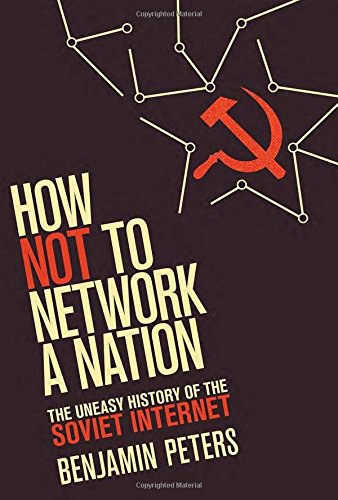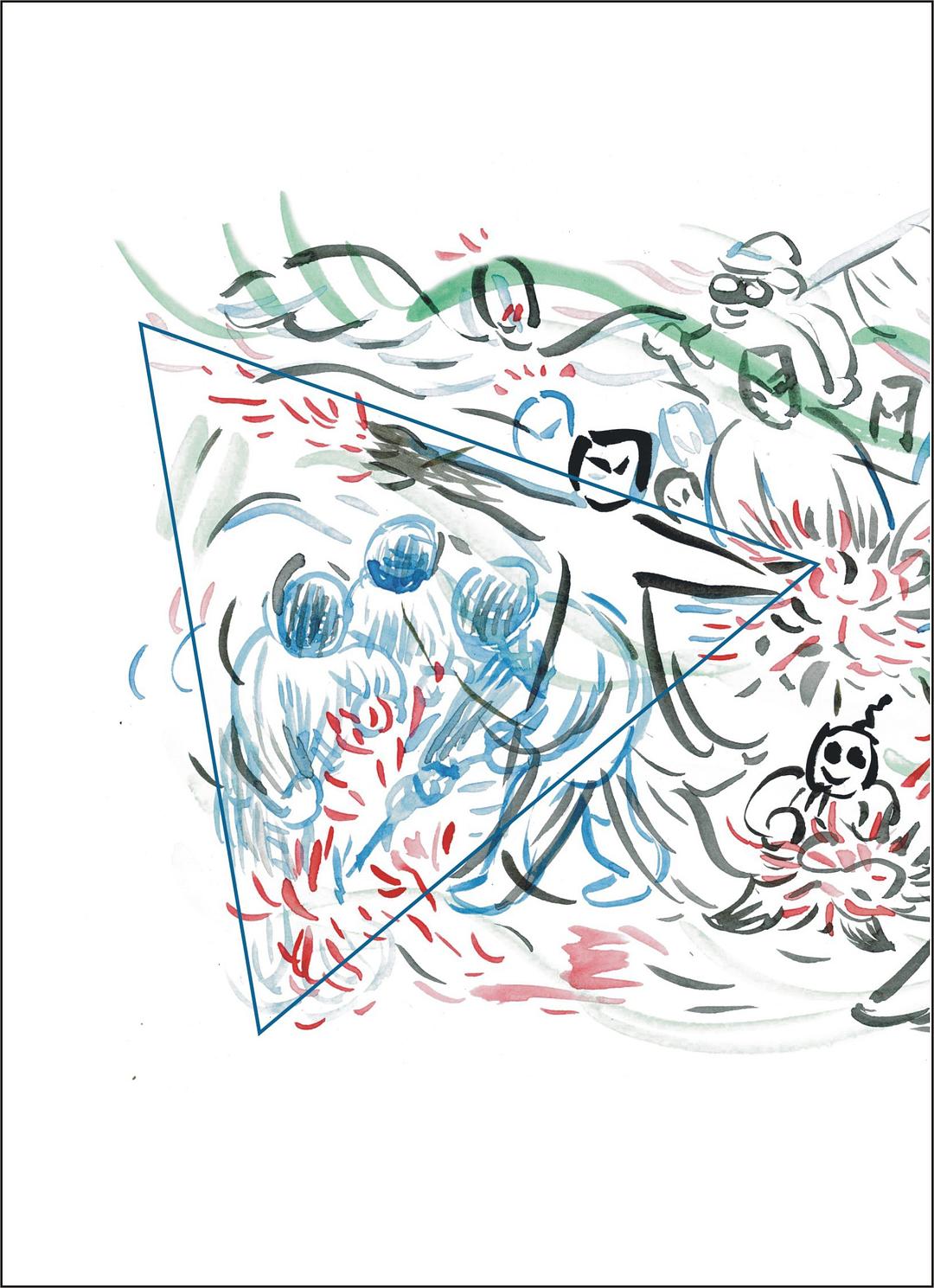
HowNottoNetworkaNation
[ 政治 ]
1
0
推荐者:百科书库 2023-04-09 07:27:25
本书简介
- 作者:BenjaminPeters
- 出版社:TheMITPress
- 副标题:TheUneasyHistoryoftheSovietInternet
- 出版年:2016-3-25
- 页数:312
- 定价:USD38.00
- 装帧:Hardcover
- ISBN:9780262034180
& Society; author of The Future of the Internet—And How to Stop It
Between 1959 and 1989, the Soviet Union made several failed attempts to construct a nationwide computer network. In contrast, ARPANET, the American precursor to the Internet, went live in 1969. In How Not to Network a Nation, Benjamin Peters investigates why the Soviet network failed while the American network succeeded, and he argues that the reverse of Cold War stereotypes is true. Peters maintains that the ARPANET was successful due to state subsidies and collaborative research environments, while unregulated competition among self-serving institutions, bureaucrats, and others hampered the Soviet network projects. He describes the midcentury rise of cybernetics and the emergence of economic cybernetics, which necessitated a “unified information network.” Peters focuses on the All-State Automated System of Management (OGAS), the most impressive of the Soviet attempts at network building, and its promoter, Viktor M. Glushkov. He chronicles OGAS’ theoretical and practical reach, its institutional limitations, bureaucratic obstacles, and its eventual failure. Peters draws on previously unknown archival and historical materials to detail the implications of the Soviet experience for today’s networked world.
In endorsements, Todd Gitlin, Professor and Chair of the PhD Program in Communications at Columbia University, calls Peters’s book a “scintillating” explanation of how the Soviet Union efforts to manage a command economy left them without either command or an economy. Similarly, Jonathan Zittrain, Professor of Law and Computer Science at Harvard University and Director of the Berkman Center for Internet & Society, hails the book as an essential addition to the history of the Internet that highlights the necessity of “generativity and openness” for networked innovation.
作者简介
BenjaminPetersisAssistantProfessorintheDepartmentofCommunicationattheUniversityofTulsaandaffiliatedfacultyattheInformationSocietyProjectatYaleLawSchool.
相关推荐
APromisedLand
"APromisedLand"isarivetinganddeeplypersonalaccountofhistoryinthemaking,writtenbyBarackObama,thepresi BarackObama 2023-04-09 05:14:03應許之地:歐巴馬回憶錄
★全球授權25種語言,唯一與美同步中文版★★歐巴馬第一本白宮生涯回憶錄★第一位美國非裔總統,他創造歷史、改變世界、也完成自我,更於任內獲諾貝爾和平獎——在世界動盪、時局紛亂的當下,最需要聆聽他的故事, 巴拉克‧歐巴馬 2023-04-09 05:15:09新联合主义运动原则(第三版)
增订版《原则》将在原文基础上补充重要内容。其中包括柄谷行人于2017年11月25日在明治大学所作的讲座发言,题目为《资本之“力”与跨越资本之“力”》,讲稿将被收录在新版《原则》中。在这场重要的演讲中, 柄谷行人 2023-04-09 05:17:13恐惧的政治
右翼民粹主义政客的每一次“露面”都是虚伪的“表演”。他们英俊幽默,却带来“恐惧”。通过政治表演和话语建构,右翼民粹主义政党成功制造出欧洲社会问题的“替罪羊”。而治理国家的工具,却被用以引起民众对“替罪 [奥地利]露丝·沃达克 2023-04-09 05:20:05ShakespeareinaDividedAmerica
Inthistimelyexploration,leadingscholarJamesShapiroexamineswhatShakespeare’splaysrevealaboutAmerica’s JamesShapiro 2023-04-09 05:20:50WhyWe’rePolarized
PoliticalanalystEzraKleinarguesthattheAmericanpoliticalsystem,comprisingvoters,journalists,andthepre EzraKlein 2023-04-09 05:23:00© 2023-2025 百科书库. All Rights Reserved.












发表评价